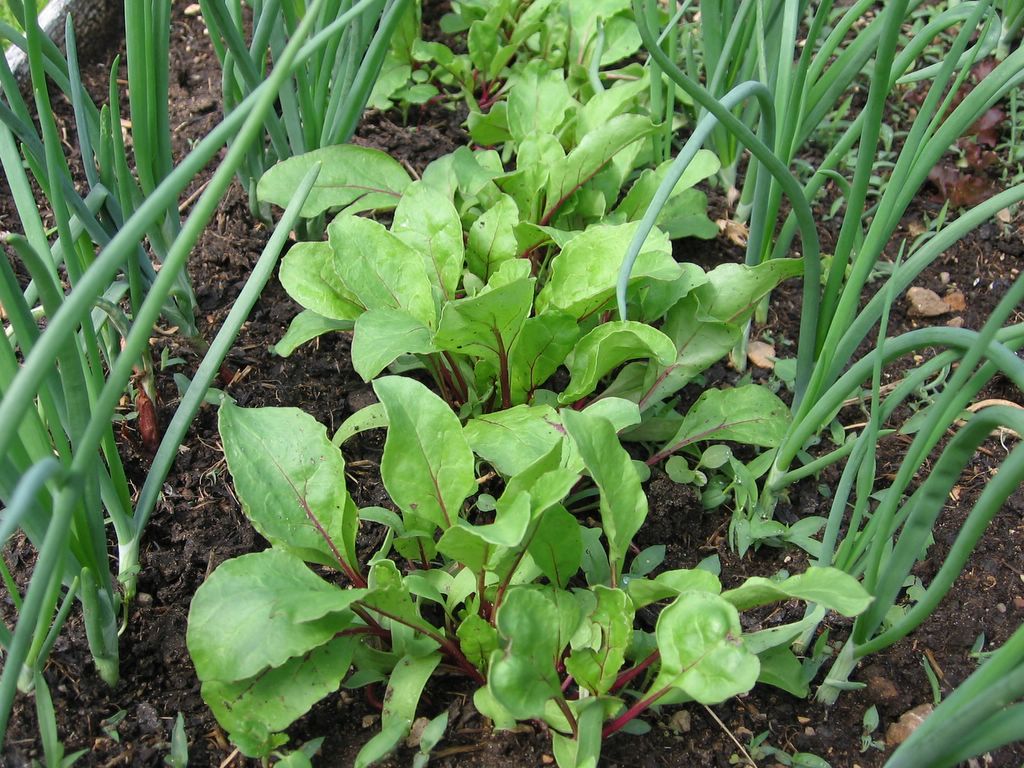 The benefits of Companion Planting include:
The benefits of Companion Planting include:
Minimizing Risk: Increases odds of higher yields even if one crop fails or you are effected by natural hardships such as weather, pests or disease, the overall yield of your plot may be increased by limiting the spread and avoiding a monoculture instead focus on polyculture or mimicing the best natural growth patterns and diversity.
Crop Protection/ Shielding: Companion Planting can offer a more delicate plant shelter from weather such as wind or sun by growing aside another plant which can shield and protect while itself having a natural defence against the harsher conditions.
Trap Cropping: Companion planting is also the ultimate organic pest management, you may keep away unwanted pests that may be attracted to one crop but repelled by the other and this will assit in protecting the otherwise attractive prey, this is referred to as trap cropping.
Positive hosting: Predator recruitment typically in planting in proximity to plants which produce a surplus of nectar and pollen you can increase the population of beneficial insects that will manage your harmful pest population for you.
Here are some basic guidelines for successful companion planting:
ASPARAGUS – Companions: Basil, parsley, tomato. Ally: Pot marigold deters beetles.
BEANS – Companions: Beet (to bush beans only), cabbage family, carrot, celery, chard, corn, cucumber, eggplant, pea, potatoes, radish, strawberry. Enemies: Garlic, onion and shallot stunt the growth of beans. Allies: Marigold deters Mexican bean beetles. Nasturtium and rosemary deter bean beetles. Summer savory deters bean beetles, improves growth and flavor.
BEETS – Companions: Bush beans, cabbage family, lettuce, onion. Ally: Garlic improves growth and flavor. Enemies: Pole beans and beets stunt each other’s growth.
CABBAGE FAMILY (Broccoli, Brussels sprouts, cabbage, cauliflower, Chinese cabbage, kale and kohlrabi) – Companions: Beet, celery, chard, cucumber, lettuce, onion, potato, spinach. Allies: Chamomile and garlic improve growth and flavor.
Catnip, hyssop, rosemary and sage deter cabbage moth. Dill improves growth and health. Mint deters cabbage moth and ants, improves health and flavor. Nasturtium deters bugs, beetles, aphids. Southernwood deters cabbage moth, improves growth and flavor. Tansy deters cabbageworm and cutworm. Thyme deters cabbageworm.
Enemies: Kohlrabi and tomato stunt each other’s growth.
CARROTS – Companions: Bean, lettuce, onion, pea, pepper, radish, tomato. Allies: Chives improve growth and flavor. Rosemary and sage deter carrot fly. Enemy: Dill retards growth.
CELERY – Companions: Bean, cabbage family and tomato. Allies: Chives and garlic deter aphids. Nasturtium deters bugs and aphids.
CHARD – Companions: Bean, cabbage family and onion
CORN – Companions: Bean, cucumber, melon, parsley, pea, potato, pumpkin, squash. Enemies: Tomatoes and corn are attacked by the same worm. Allies: Odorless marigold and white geranium deter Japanese beetles. Pigweed raises nutrients from the subsoil to where the corn can reach them.
CUCUMBER -Companions: Bean, cabbage family, corn, pea, radish, tomato Enemy: Sage is generally injurious to cucumber. Allies: Marigold deters beetles.
Nasturtium deters aphids, beetles and bugs, improves growth and flavor.
Oregano deters pests in general. Tansy deters ants, beetles, bugs, flying insects.
EGGPLANT -Companions: Bean, pepper. Allies: Marigold deters nematodes.
LETTUCE -Companions: Beet, cabbage family, carrot, onion, radish, strawberry. Allies: Chives and garlic deter aphids.
MELONS -Companions: Corn, pumpkin, radish, squash. Allies: Marigold deters beetles. Nasturtium deters bugs and beetles. Oregano provides general pest protection
ONlONS – Companions: Beet, cabbage family, carrot, chard, lettuce, pepper, strawberry, tomato. Enemies: Onions stunt bean, pea. Allies: Chamomile and summer savory improve growth and flavor. Pigweed raises nutrients from subsoil and makes them available to the onions. Sow thistle improves growth and health.
PARSLEY – Companions: Asparagus, corn, tomato
PEAS -Companions: Bean, carrot, corn, cucumber, radish, turnip. Allies: Chives deter aphids. Mint improves health and flavor. Enemies: Garlic and onion stunt the growth of peas.
PEPPERS -Companions: Carrot, eggplant, onion and tomato
POTATOES – Companions: Beans, cabbage family, corn, eggplant, pea. Enemies: Tomatoes and potatoes are attacked by the same blight. Allies: Horseradish, planted at the corners of the potato patch, provides general protection. Marigold deters beetles.
PUMPKINS – Companions: Corn, melon, squash. Allies: Marigold deters beetles. Nasturtium deters bugs, beetles. Oregano provides general pest protection.
RADISHES -Companions: Bean, carrot, cucumber, lettuce, melon, pea. Allies: Chervil and nasturtium improve growth and flavor. Enemy: Hyssop
SPINACH -Companions: Cabbage family, strawberry
SQUASH- Companions: Corn, melon, pumpkin. Allies: Borage deters worms, improves growth and flavor. Marigold deters beetles. Nasturtium deters squash bugs and beetles. Oregano provides general pest protection.
STRAWBERRY- Companions: Bean, lettuce, onion, spinach, thyme. Enemy: Cabbage. Allies: Borage strengthens resistance to insects and disease. Thyme, as a border, deters worms.
TOMATOES – Companions: Asparagus, carrot, celery, cucumber, onion, parsley, pepper. Enemies: Corn and tomato are attacked by the same worm. Mature dill retards tomato growth. Kohlrabi stunts tomato growth. Potatoes and tomatoes are attacked by the same blight. Allies: Basil repels flies and mosquitoes, improves growth and flavor. Bee balm, chives and mint improve health and flavor.
Borage deters tomato worm, improves growth and flavor. Dill, until mature, improves growth and health. Once mature, it stunts tomato growth. Marigold deters nematodes. Pot marigold deters tomato worm and general garden pests,
TURNIPS – Companion: Pea


No comments yet, be the first to leave one!
You must be logged in to post a comment.